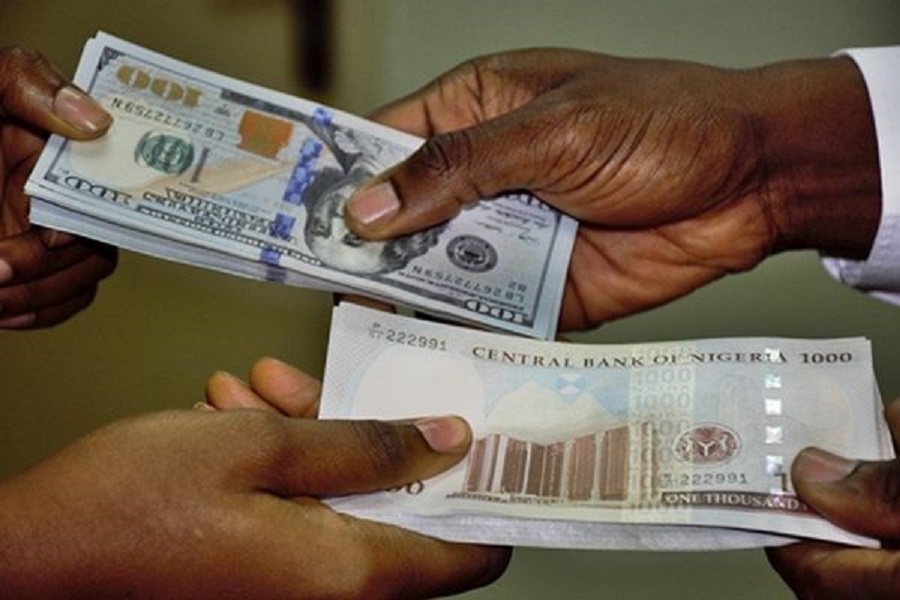The International Monetary Fund (IMF) said on Thursday that Nigeria’s economy has started to gradually recover from the negative impact of COVID-19 but noted that both unemployment and inflation rates remain elevated. The IMF, in a statement at the end of its virtual meetings with the Nigerian authorities to converse recent economic, financial developments and outlook described the recent removal of the official exchange rate from the Central Bank of Nigeria (CBN) website as “encouraging”. It was revealed that following the sharp output contractions in the second and third quarters, gross domestic product (GDP) turned positive in Q4 2020 and growth reached 0.5 percent year-on-year in Q1 2021 supported by agriculture and services sectors. “Nevertheless, the employment level continues to fall dramatically and, together with other socio-economic indicators, is far below pre-pandemic levels. Inflation slightly decelerated in May but remained elevated at 17.9 percent, owing to high food price inflation,” the statement reads.
IMF said with the recovery in oil prices and remittance flows, the strong pressures on the balance of payments have somewhat decreased, but noted that imports are rebounding faster than exports and foreign investor appetite remains subdued resulting in continued FX shortage.
The IMF mission noted that Nigeria’s GDP growth is expected to reach 2.5 percent in 2021, while inflation is expected to remain elevated in 2021 but likely to decelerate in the second half of the year to reach about 15.5 percent following the removal of border controls and the elimination of base effects from elevated food price levels.
IMF, however, expressed concern with the renewal of fuel subsidies in the country noting the importance of introducing market-based fuel pricing mechanism and the need to deploy well-targeted social support to cushion any impact on the poor.
“The Nigerian economy has started to gradually recover from the negative effects of the Covid-19 global pandemic. After sharp output contractions in the second and third quarters, GDP growth turned positive in the fourth quarter of 2020 and growth reached 0.5% year on year in the first quarter of 2021, supported by agriculture and services sectors. Nevertheless, the employment level continues to fall dramatically and, together with other socioeconomic indicators, is far below pre-pandemic levels. Inflation slightly decelerated in May but remained elevated at 17.9%, owing to high food price inflation.
“Tax revenue collections are gradually recovering but, with fuel subsidies resurfacing, additional spending for Covid-19 vaccines, and to address security challenges, the fiscal deficit of the Consolidated Government is expected to remain elevated at 5.5 percent of GDP,” the statement added.
“The mission urged the authorities to keep reliance on CBN overdrafts for deficit financing within legal limits, while the government continues to make efforts to strengthen budget planning and public finance management practices to allow for flexible financing from domestic markets and better integration of cash and debt management.
“The mission commended the authorities’ measures to contain the transmission of Covid-19 in Nigeria, including the ongoing vaccination program under the COVAX initiative, and strongly supported the authorities’ efforts to acquire additional doses from countries with surplus stocks.
“The recent removal of the official exchange rate from the CBN website and measures to enhance transparency in the setting of the NAFEX exchange rate are encouraging.
“The extension of the moratorium on principal payments of qualifying credit facilities on a case-by-case basis through March 2022 should be limited to viable debtors with strong pre-crisis fundamentals. CBN stress tests purport that the banking system would remain adequately capitalized except in case of a severe deterioration of credit quality.”










.jpg)









